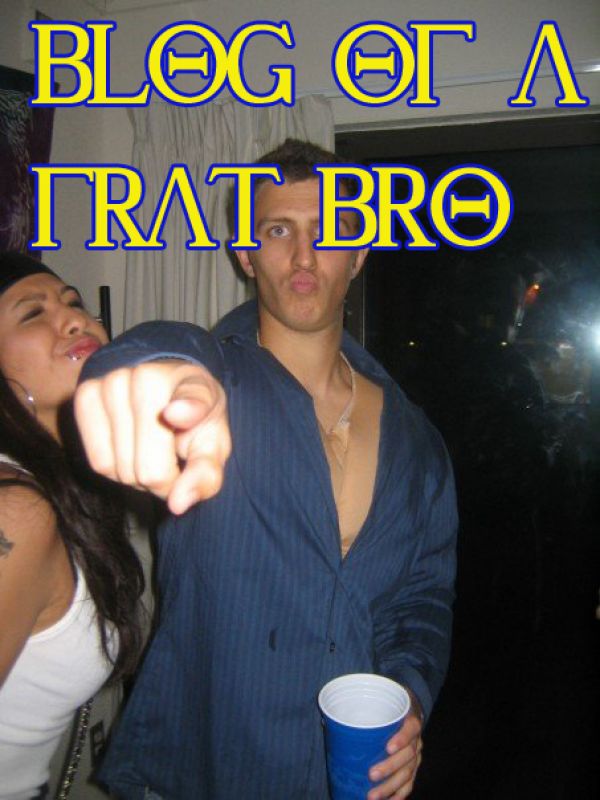
Thomas Rowland, a junior Linguistics major, had an
open-ended final exam last semester. The professor for his linguistics class, LIN
220, challenged the class to “hand in a paper discussing the evolution of
linguistics throughout history.” Without even a second thought Rowland knew
what the subject of his paper would be.
“I thought about [Professor] Gonzalez’s assignment for all
of three minutes,” said Rowland. “But I realized, there was really only one
logical direction to take the assignment in.”
And so Rowland handed in a final paper about Eddie Vedder.
“In all my years of teaching, never have I had someone even
attempt such a daunting task,” said Gonzalez, a tenured professor who has been
at Syracuse University since 1973. “At first, I thought he was just being a smart
ass. But after looking at his paper, there’s no doubt that Tom put a lot of
effort into this.”
Among the linguistic enigmas discussed by Rowland are
Vedder’s revolutionary tactics with regard to consonants””or, more accurately,
complete disregard of consonants””as well as Vedder’s ability to take several
words and combine them into a new, nonexistent word (Rowland’s paper cites
frequent use of the word “coldwannasay” in the song “Yellow Ledbetter“).
“If you think about it, there’s no man in history who has
had such a strong impact on language as Eddie Vedder,” said Rowland. “The guy
changed the way songs are sung. Or mumbled. Or moaned.”
“The point is, thanks to Eddie Vedder, linguistics has been
opened up to an entire new subject area: Vedderian verbiage.”
Despite the fact that Gonzalez found Rowland’s essay to be a
“game-changer in the field,” Rowland is being asked to re-write his paper, due
to the fact that he spent several pages discussing the lyric “like a hand of
mustard chains,” which happens to come from a band other than Pearl Jam.
“Unfortunately, Tom made a mistake we’ve all made at least
once: he thought that Stone Temple Pilots and Pearl Jam were the same band.”
Rowland is now considering dedicating approximately 400
pages to discussing the inability of rock stars to enunciate.

































